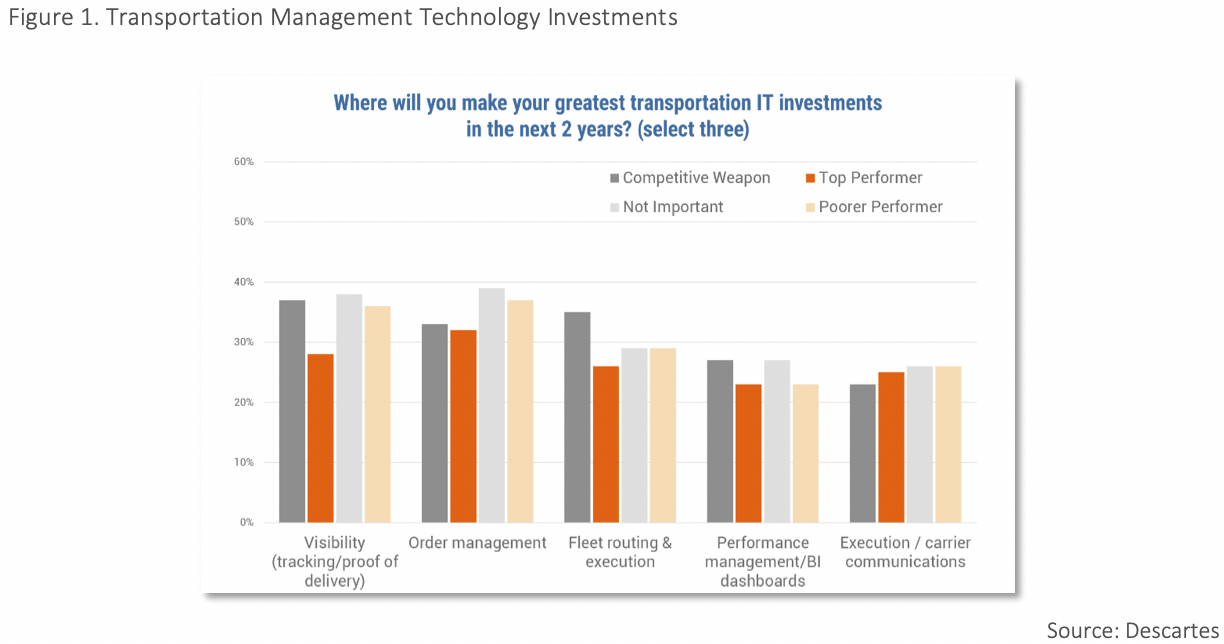Inceptio Technology, developer of autonomous driving technologies for heavy-duty trucks, announced that heavy-duty trucks powered by the Inceptio Autonomous Driving System and its Truck Navigate-on-Autopilot (T-NOA) capabilities have surpassed the significant milestone of 100 million kilometers in safe commercial operations, reinforcing Inceptio’s global leadership in the commercialization of autonomous trucks.
This achievement underscores how L3 and L2+ autonomous heavy-duty trucks have been successfully deployed across the line-haul logistics sector, including express delivery, less-than-truckload (LTL) transportation, as well as contract logistics. This also reflects the significant value that autonomous trucks offer logistics operators.
Accelerating the Adoption of Autonomous Trucks Across the Line-Haul Logistics Sector
Inceptio-powered trucks surpassed 50 million kilometers of safe commercial operations in August 2023. Building on this success, the company expanded the number of compatible truck models and surpassed the 100-million-kilometer mark by the end of April 2024.
Inceptio’s Autonomous Driving System covers 83% of China’s national highways connecting 7 major economic zones. Over the course of the 100 million kilometers, a total of 1,864 drivers safely used Inceptio-powered L3 and L2+ trucks in their daily operations.
Current customers include all the top logistics companies in China such as ZTO Express, YTO Express, STO Express, JD Logistics, and SF Express. Inceptio has also established an extensive footprint across the contract logistics segment including cold chain, automotive, beverages, and fast-moving consumer goods among many others, serving global brands like Budweiser and Nestlé. Inceptio’s autonomous driving technology caters to a diverse user base — from big logistics companies to small fleets and individual operators.
Inceptio has partnered with several leading Chinese truck manufacturers to pre-load mass produced trucks with the Inceptio Autonomous Driving System. These partnerships have expanded the number of trucks Inceptio powers and include popular models from Dongfeng, Sinotruk, Foton and Liuqi that are available in both 4×2 and 6×4 axle configurations to meet the diverse needs of the line-haul logistics sector.
Paving the Way for Greater Commercialization
Over the course of 100 million kilometers, Inceptio has demonstrated how its autonomous driving technology and its T-NOA capabilities are paving the way for greater commercial deployment across the line-haul logistics with safer, more efficient, and profitable operations.
The majority of the routes large express delivery companies in China use exceed 500 kilometers in length. Two drivers are commonly assigned to each traditional truck on these routes and take shifts driving in order to minimize fatigue and ensure safety when meeting tight shipping schedules. Inceptio’s solution makes driving much less physically and mentally exhausting as it handles more than 90% of the journey. Express delivery companies have been able to significantly reduce the number of drivers per truck and labour costs on these same routes as a result. On routes ranging from 500 to 1,200 kilometers, Inceptio has realized a direct shift from two drivers per truck to one, resulting in a significant 40% to 50% reduction in labor costs. On routes that exceed 1,200 kilometers where an autonomous truck relay model has been deployed, a traditional assignment of 6-8 drivers per three trucks has been reduced to 5. Likewise, a traditional assignment of 8-10 drivers per 4 trucks has been reduced to 6, resulting in a substantial decrease in labour costs and improved driver satisfaction.
The benefits are equally strong for contract logistic companies, both large and small. Huatai Logistics for example, a contract logistics company specializing in automotive parts transport on routes that average 1,500 kilometers, has seen its driver-to-truck ratio decrease from two to one by using Inceptio-powered trucks. Combined with a reduction of 3-5 liters in fuel consumption per 100 kilometers, total cost of ownership per kilometer decreased by 7-15%. The stellar safety record and enhanced driving comfort offered by autonomous trucks improved fleet-attendance rates significantly and increased monthly kilometers per truck by as much as 10%.
Some individual operators have also seen increases of 10-20% in monthly kilometers per truck and 2,500-5,500 RMB in monthly net income due to the fundamental improvement of safety and driving comfort offered by Inceptio-powered autonomous trucks. The fuel-saving benefits of autonomous trucks are particularly attractive for individual operators.
Leveraging Data Assets to Enhance Inceptio’s Autonomous Driving Technology
Inceptio leverages its powerful, data-driven R&D system to rapidly iterate and enhance its autonomous driving technology. This system, which incorporates accurate and efficient data capturing, automated cloud processing, advanced scenario mining, and automatic annotation, allows Inceptio to continuously refine its industry-leading T-NOA algorithm in real-time. This focus on real-world data is a key driver of Inceptio’s competitive edge in the autonomous driving technology landscape.
Julian Ma, founder and CEO of Inceptio Technology, commented, “Inceptio’s autonomous driving technology and its T-NOA capabilities are making significant progress in their commercialization, allowing us to rapidly surpass the 100-million-kilometer milestone after hitting 50 million kilometers only eight months ago. The impact our technology is having on the logistics industry is profound. The commercial deployment of Inceptio-powered autonomous trucks across the line-haul logistics sector is exciting, but what’s truly inspiring is the creativity and innovation our customers bring to the table. This user-driven approach is pushing the boundaries of how these autonomous trucks are used, opening up new ways to deploy our technology. The more data we gather, the faster we will be able to enhance our algorithms and improve our full-stack solution. We will continue working closely with our truck OEM partners to offer even greater safety, efficiency, and profitability to logistics customers.”
read more
Heavy-duty Autonomous Trucks with Autopilot












